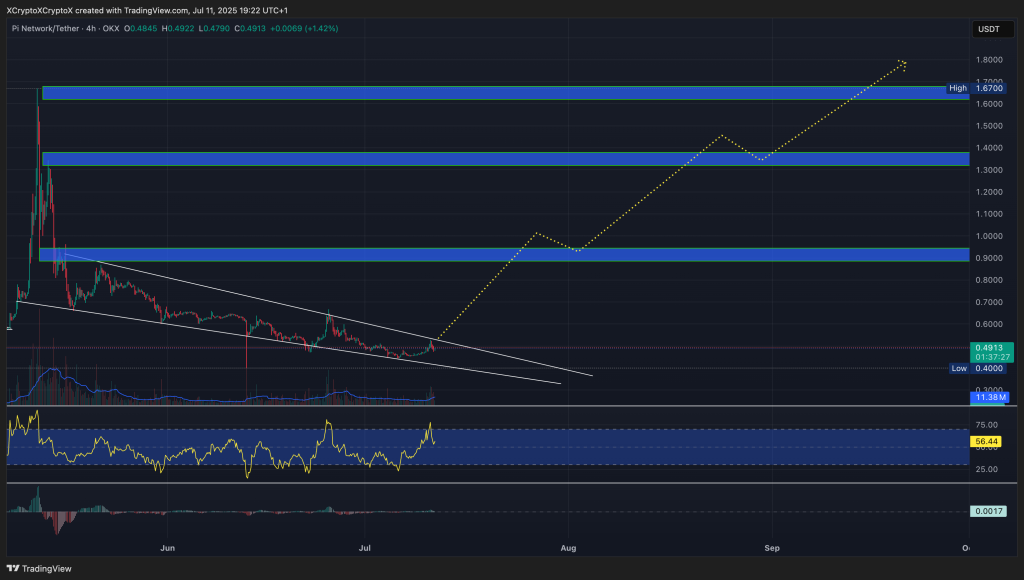Nvidia Corp.’s run as the world’s most valuable company didn’t last long.
Shares of the semiconductor giant have fallen 6.7% in the last two days, erasing over $220 billion in market capitalization and dragging the company from its place as the world’s top stock. Nvidia’s market cap was about $3.1 trillion on Friday, lower than Apple Inc. at $3.2 trillion and Microsoft Corp. at $3.3 trillion.
It was a swift reversal from earlier in the week, when Nvidia rallied to overtake its megacap peers and claim the pole position. Traders said there weren’t any fundamental reasons behind the two-day selloff at the end of the week, but it does underscore the breakneck pace at which the stock had climbed — almost 200% in the past year alone — and how that ascent now makes it vulnerable to sudden retreats like this one.
“It’s just the usual fluctuations in the stock market which, with such large companies, can wipe or add hundreds of millions or even billions of dollars to their market value,” said Russ Mould, investment director at AJ Bell.“Nothing has gone wrong at Nvidia.”
Some whipsawing in the short-term was expected by some. In a June 19 note, analysts led by Vivek Arya at Bank of America Corp. said that Nvidia’s “steep climb makes it vulnerable to profit taking, but we argue any volatility likely to be short-lived.” The group reiterated its buy rating, $150 price target and top pick status on the shares.
Still, bulls see further upside for the stock. Analysts led by Ben Reitzes at Melius Research on Friday boosted their price target on shares to $160 from $125, their fifth raise of the year.
“We continue to believe that Nvidia is in better shape than some SaaS ‘leaders’ who are yet to prove that AI is incremental to the story in our opinion,” Reitzes wrote, referring to software-as-a-service firms. “In fact, one could argue that Nvidia should absorb an even larger portion of the enterprise application software market cap as profits transfer to their stack.”
The drop also comes amid broader market retreat as options expire in a so-called triple-witchingsession, when contracts fall off the board at the same time that S&P Dow Jones Indices shuffles company weightings and ETFs that track its gauges make similar changes. The move can lead to market turbulence capable of swinging individual holdings.
Credit: Source link











